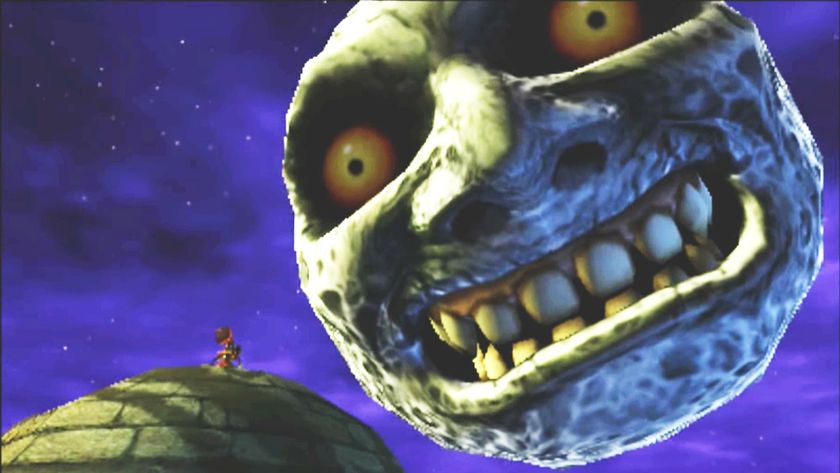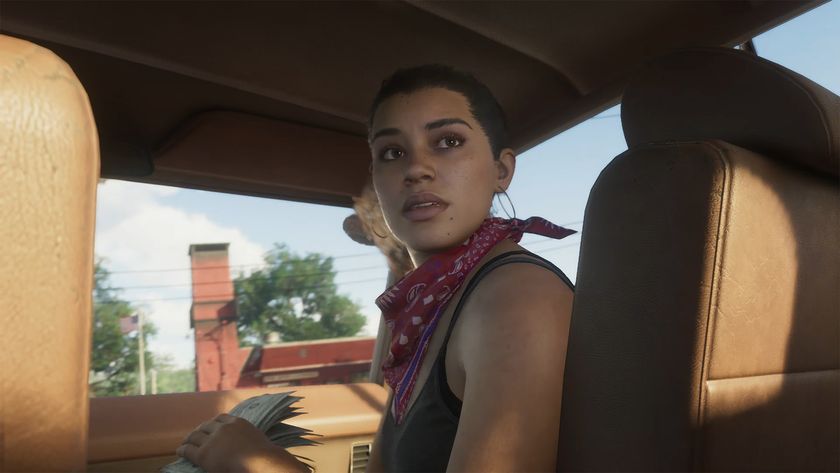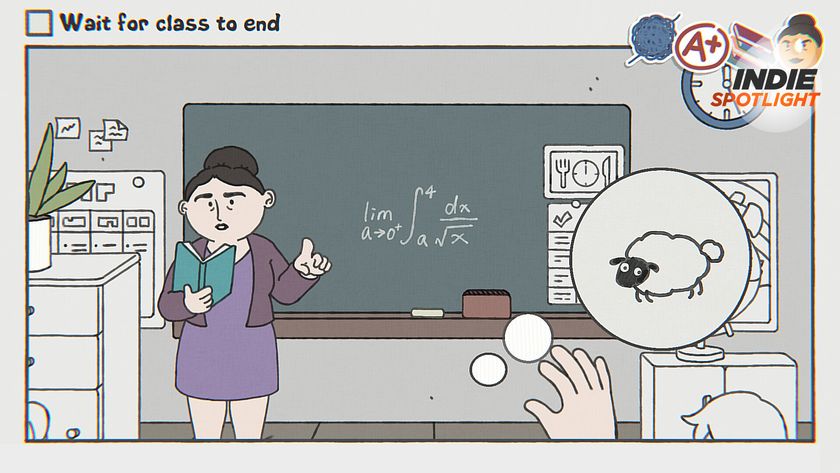Why you can trust 12DOVE
For fans of subtle scares, recent horror movies have felt not unlike… well, torture. What happened to the Shirley Jackson shivers and the Henry James jitters? Insinuation and suspense have been slapped on the cold, hard slab lately, in favour of films more interested in searing the flesh than creeping underneath it.
This Guillermo del Toro-produced Spanish spook-’em-up re-opens the door to the chilly, bracing air of the old-school ghost story. The Orphanage is reminiscent of the revivalist school of ’01 (The Others and The Devil’s Backbone). The child-themed chiller crossed with the maternal melodrama is its terrain, in which mother-love can seep into madness, the past is never dead and grief and guilt can conjure ghosts… unless those spooks are really there. Shades of The Haunting, The Innocents and The Sixth Sense slip through this old house’s burnished-wood corridors too, but helmsman Juan Antonio Bayona also channels less-obvious forerunners such as The Spirit Of The Beehive, as well as enough twists and psychological subtexts to surprise.
So, any spoiler-lite summation of the plot should tread carefully. Suffice to say, Belén Rueda plays Laura, a late-thirtysomething woman who returns – along with her husband Carlos (Fernando Cayo) and adopted son Simon (Roger Príncep) – to the rundown home for orphans she grew up in. She wants to re-open it as a home for kids with special needs, but she discovers her old friends might never have left as Simon is soon playing with new invisible pals. After an unnerving visit from a gaunt old lady, an untimely revelation and an argument with her sprog, Laura’s plans get suddenly knocked awry by his disappearance…
As for the rest of the film... well, it involves crashing waves, broken lighthouses, some Peter Pan nods, a hair-raising night-vision sequence and a shy kid with a penchant for fear-inducing headgear seemingly inspired by Cillian Murphy’s Scarecrow. Apparitions appear, doors slam, pipes clang, walls creak, sleepers are joined by strange bedfellows… it’s safe to say that audiences everywhere will be grabbing on to their neighbours’ arms.
Bayona’s direction grips tightly even if you already know some of his moves. Arguably the most effective of these is a confidently used killer combo of close-up and cutaway shots – often slipping from a worried face to an empty corridor or room behind. Face, corridor/room, empty. Face, corridor/room, emp… hang on… what the hell kind of freaky shit is that?
Equally, Bayona has the confidence to slide smoothly into slow-burn gear. There are enough shocks here to assure us that he could evacuate audiences’ bowels at 40 paces if he chose to, but he favours creeping suggestion over jolts. Elena Ruiz’s elegant editing helps – eloquently slipping time frames by blacking out the screen with a brief, audience-breather of a wipe before gliding back into the fray. It may be over-familiar to suggest restraint is creepier than someone getting their man-meat power-tooled into dogmeat, but Bayona marshals the old moves so well that the cliché stakes a fresh claim to fact.
Likewise, Sergio G Sánchez’s script favours stealth, smartly massaging any scepticism we might have into a state of sustained emotional involvement by carefully balancing belief and doubt. Initially, he entertains the possibility that the ghosts could be in Simon’s head. Children imagine stuff, don’t they? So we don’t balk when the baton of the busy imagination is passed on to Laura, from whose persuasively pained perspective we then observe as events unfold and amplify with profound psychological ambiguity.
In this way, The Orphanage does something that horror hasn’t done much lately: it moves us. Laura isn’t some idiotic late-teens tourist tossed into a situation so torrid that all her clothes fly off. With a sustained performance of weathered nuance from Rueda, she’s a proper character who convinces as a woman knocked sideways by some bad adult shit. There is child’s play here, but just as del Toro’s Pan’s Labyrinth filtered fantasy through real fears, so Bayona conjures his ghouls through grown-up eyes. The result is a rare treasure: a horror film you can genuinely care about.
An unsettling yet refreshing chiller - scary without being schlocky, it generates deep feeling while implicating you in its terrors and traumas. This is a clutch-your-neighbour classic, with deep undercurrents, that creaks and sighs in all the right places.
The Total Film team are made up of the finest minds in all of film journalism. They are: Editor Jane Crowther, Deputy Editor Matt Maytum, Reviews Ed Matthew Leyland, News Editor Jordan Farley, and Online Editor Emily Murray. Expect exclusive news, reviews, features, and more from the team behind the smarter movie magazine.

Despite Zelda: Majora's Mask basically being a horror game, one of its key devs didn't think its creepiest features were scary at all: "People on the team were like 'whoa!'"

Corsair exec says GTA 6 is coming to PC in early 2026 and then quickly un-says that

This puzzle game has done the impossible: waiting around for something to happen has never, ever been this fun
Most Popular




